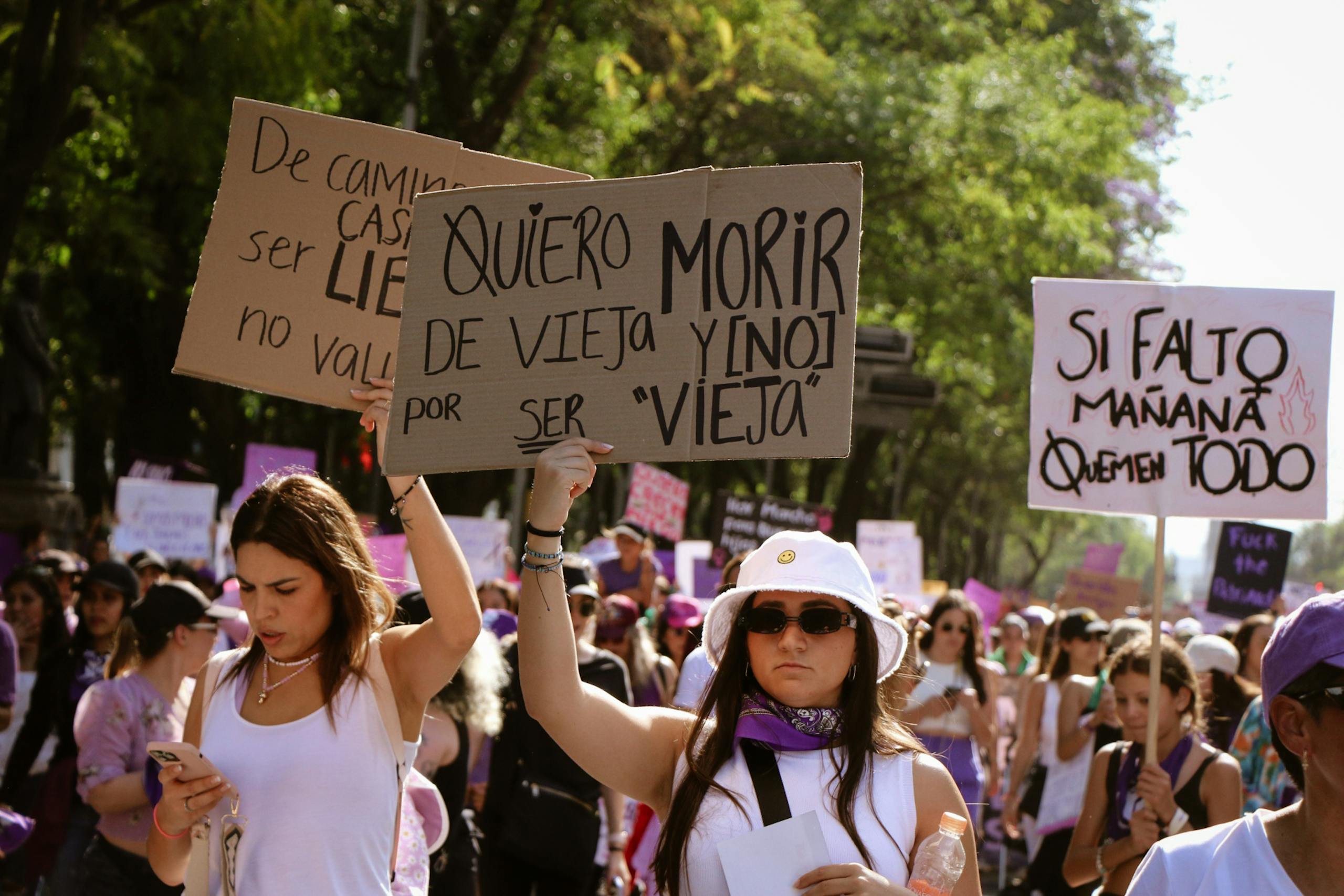The Shocking Truth About Your Protests: You Might Be Cheering for the Bad Guys!

The Shocking Truth About Your Protests: You Might Be Cheering for the Bad Guys!
Ah, the life of a university student. Between late-night study sessions, caffeine-fueled rants about society’s injustices, and spirited protests, who has time for research, right? Well, it turns out that when you’re out there chanting and waving signs, it might actually help to know what you’re protesting against. Spoiler alert: Some of you might be fighting for the supervillains instead of the superheroes!
Let’s take a look at why some campus protestors might need to hit the books before they hit the streets.
The Shocking Truth About Your Protests: You Might Be Cheering for the Bad Guys!
Picture yourself at a rally, passionately decrying what you think is an evil empire. You’ve got your signs, your slogans, and your sense of moral superiority. But here’s the kicker—you might actually be supporting the very things you’re supposed to be against. Let’s break down some of the most common misconceptions.
The Colonial Conundrum
Let’s talk about the idea that Israel is a colonial state. You’ve probably heard this claim thrown around a lot. But let’s think about it logically: How can you colonize a land you’re originally from? It’s like accusing someone of colonizing their grandmother’s house!
For those of you skeptical about religious texts, archaeology has got your back. Archaeological evidence, including ancient Hebrew inscriptions and artifacts, shows a continuous Jewish presence in the land of Israel for thousands of years. And for those who do consider religious texts, it’s worth noting that the Bible and Torah (Genesis 15:18-21), and even the Quran (Surah Al-Ma’idah 5:20-21) all recognize the historical and spiritual connection of the Jewish people to the land. So, before you start yelling about colonialism, maybe check out some of these sources and get your facts straight!
Example 2: The Apartheid Illusion
Next up is the myth that Israel is an apartheid state. Now, I know you’re used to hearing this, but let’s look at the evidence. In an actual apartheid state, there is institutionalized racial segregation and discrimination. However, in Israel, you’ve got over 2 million Muslim citizens, 750,000 Christians, and around 700,000 LGBTQ+ citizens living with equal rights. Yes, there are pride parades, Arab members of the Knesset (Israel’s parliament), and equal rights for women across all sectors of society.
If that’s what apartheid looks like, then maybe some of us need a new dictionary. The claim doesn’t hold water when you start looking at actual facts. For more details, check out this BBC article on Israel’s diverse society or the statistics from Israel’s Central Bureau of Statistics.
The Psychological Roller Coaster of Protests
So, why are some students clinging to these false narratives? Here’s a little psychology lesson:
- Confirmation Bias: It’s more comforting to believe information that supports your pre-existing views, no matter how shaky those views might be.
- Groupthink: When everyone around you believes the same thing, it’s easier to just go with the flow without asking tough questions.
- Emotional Appeal: Stories that tug at your heartstrings are more attractive than those that require you to think critically and analyze the facts.
- Social Media Echo Chambers: Thanks to algorithms that prioritize sensationalism, many students are exposed to a one-sided perspective that reinforces their misguided beliefs.
The Motivational Pep Talk: Time to Recalibrate Your Protests!
Alright, student activists, it’s time for a reality check. Imagine you’re starring in an action movie, but instead of taking down the bad guy, you’re accidentally helping him win. Not exactly the ending you’d want, right?
So, here’s what you can do to avoid becoming the unwitting sidekick of a supervillain:
- Educate Yourself: Take some time to research your cause. Check out credible sources like The Times of Israel, BBC News, or even your university’s own library resources.
- Think Critically: Don’t just accept what you’re told. Ask questions, look for evidence, and weigh different viewpoints before jumping on the bandwagon.
- Engage in Constructive Dialogue: Talk to people who have different perspectives. You might find that your understanding of the situation grows when you’re open to other points of view.
- Reflect on the Bigger Picture: Make sure your protests align with democratic values and human rights, rather than supporting regimes that would strip away these rights faster than you can say “graduation.”
Internal Links:
In conclusion, your passion for protesting is commendable, but making sure you’re fighting for the right cause with accurate information is even more important. Don’t let half-truths and misinformation turn you into the unwitting hero of a villain’s story. Do your homework, stay informed, and ensure your protests support the true values of justice, equality, and democracy.
Sources:
- The Times of Israel
- BBC News
- Archaeological Evidence of Ancient Israel
- Harvard Study on Casualty Ratios
So, put down those protest signs for a minute, crack open a book, and come back ready to advocate for the real heroes. Your university (and your future self) will thank you!



